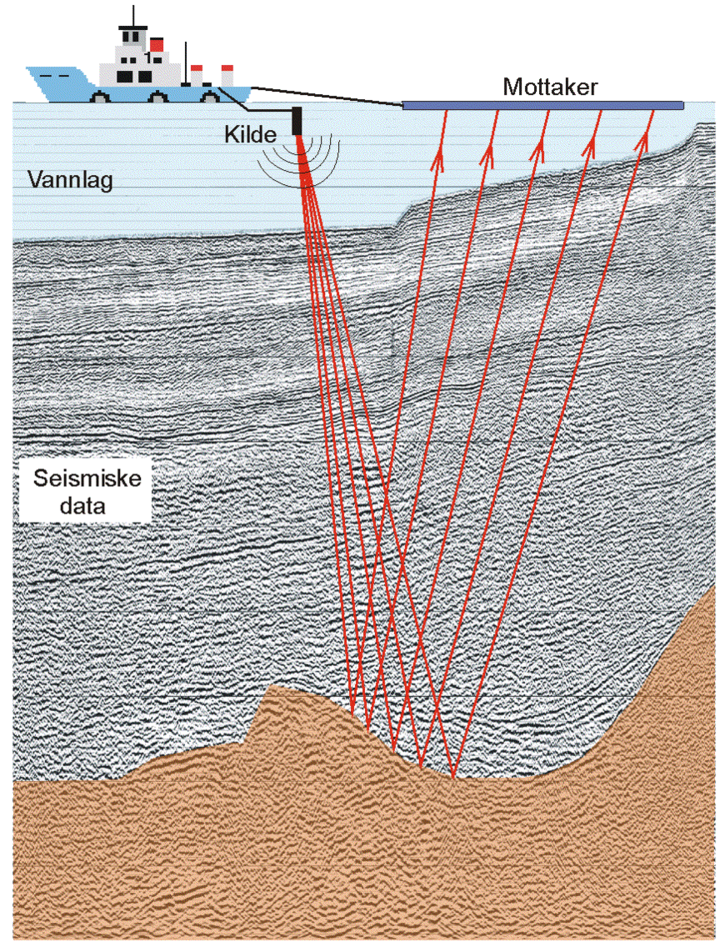All Categories
Featured
Table of Contents
Geophysical Survey Next Step In Carbon Storage Study in Middle Swan Oz 2023
This work is increasingly contracted out, so consultancies supply another source of employment. Consultancy firms vary in size, from really little companies to large multinationals. Some consultancies are rather specialised in utilizing specific geophysical techniques or working in particular areas, while others offer a more varied variety of services to their customers.
The extraction of gas from garbage dump sites is another location of work and this might grow in the future. Exploration companies may carry out work for building and construction firms, water companies, mining companies and environmental companies, so geophysicists might be employed in any of these settings. Other companies include: geological surveysgovernment bodies and agenciesuniversities and research study institutes.


Jobs may be noted in the oil and gas sector press. Recruitment is impacted by oil rate changes and the level of competitors for positions differs depending on this. Careers Days, which cover the complete variety of geoscience careers and are normally participated in by a number of essential market employers, are run by The Geological Society.
Geophysical Survey Equipment - Ground Penetrating Radar in Shelley Aus 2021
A few of the big oil and gas companies provide a complete two-year structured training programme across the breadth of geophysics, including the opportunity to experience operate in various groups prior to specialising in one location. Your training may include deal with: existing wellsmagnetic and gravitational potential field information analysisresearchrock analysis. However, it's more usual for your initial training to be provided on the job.

There might be a probationary duration throughout which you work along with a knowledgeable associate. Competency-based appraisals take place regularly in the majority of companies. In smaller sized firms, and for academic posts, there is unlikely to be any formal training - you'll be anticipated to start work straightaway and get abilities as you go along.
If you work for a smaller sized company, you may discover that you need to take responsibility for organizing and moneying your own development and training. If you have a geology degree, membership of The Geological Society can be useful for networking and for keeping up to date with the market.
Geophysicist in Quinns Rocks WA 2023
You may also find it useful to sign up with the PESGB (The Petroleum Exploration Society of Great Britain, which has a geophysics unique interest group. After a probationary duration, and once you've acquired some experience, you could advance to senior geophysicist, then group leader and after that into a senior function in management.
The ease of movement in between roles depends upon the company structure. Research study at Masters or Ph, D level in a subject associated to geophysics or geosciences might assist with your career advancement and development. The work market within the oil and gas market is really depending on price and this might impact your chances for profession progression.
For experienced geophysicists, freelance consultancy uses a great route for career development. As a geophysicist, you're most likely to have a number of tasks throughout your working life.
About Environmental Geophysics in Victoria Park WA 2021
From geophysics, it's possible to focus on seismology (completing further training to end up being a seismic interpreter) or to move into associated locations such as engineering geology or danger forecast.
Deciding what to study in college is a tough choice. Even if you understand that your field of interest lies in science, what program of study is right for you?
The very first action to achieving your objective of becoming a geophysicist is earning a degree. Even for entry-level positions in the field of geoscience, you'll need a bachelor's degree (a geophysicist college degree) from an accredited college or university. Geophysicists need to be able to: examine rocks, pictures, and other pieces of data carry out research study both in the field and in labs develop maps and charts of their findings write reports To achieve all this, students need a specialized education for geophysicist careers.
As specified above, you'll need a bachelor's degree in geoscience or an associated discipline, such as a physical science or a natural science, to land an entry-level job. But trainees can also prepare by majoring in subjects like: Biology Chemistry Computer technology Engineering Mathematics Physics The above geophysicist majors use a more generalized approach to a single clinical discipline, but many programs need trainees to take several geology course.
Latest Posts
Geophysicist Job Description in Guildford Aus 2023
Marine Geophysical Surveying - in Maddington Aus 2023
Geophysical Survey - Suffolk Heritage Explorer in Millendon WA 2023